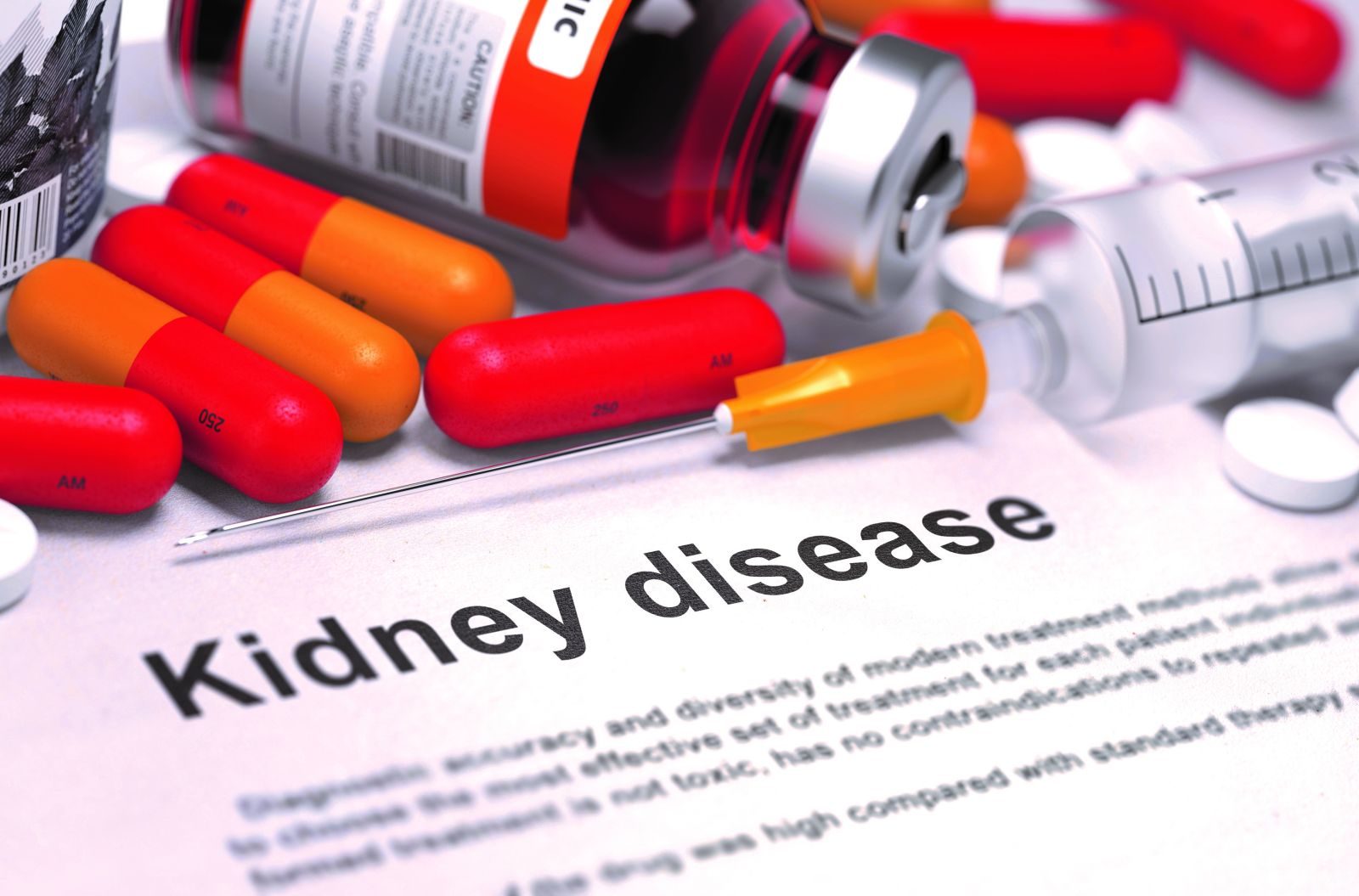Resources
08 August 2024
Nurses and nursing leaders continue to be overwhelmed by increasing challenges as the call to demonstrate higher levels of resilience gains momentum. And yet nurses continue to be faced with unparalleled levels of adversity, leading to a loss of hope, with many choosing to leave the profession rather than continue to be exposed to unyielding levels of stress that have the potential to threaten the survival of the profession itself. With this in mind, this paper focuses on the importance of nurses working collaboratively through the process of coaching, a construct gaining momentum as the profession seeks to expand and facilitate new ways of working in order to develop both current and future nursing leaders and, in so doing, not only strengthen the voice of nursing, but also improve the way in which nurses practice.
08 August 2024
It is estimated that 1.5 million children and young people (Paediatric Continence Forum [PCF], 2024), that is one in 12, across the UK battle debilitating, misunderstood and sometimes complex bowel or bladder conditions, including bedwetting, daytime wetting, chronic constipation and soiling.
This is a far bigger issue than many might think. Stigma around continence issues means that they are not talked about as much as other health conditions, and some people even delay seeking professional help because of embarrassment, or because they simply do not know what is wrong.
This is a far bigger issue than many might think. Stigma around continence issues means that they are not talked about as much as other health conditions, and some people even delay seeking professional help because of embarrassment, or because they simply do not know what is wrong.
06 June 2024
Chronic kidney disease is an ongoing decline of renal function which may progress quite rapidly or develop slowly over many years. Once diagnosed, patients are likely to become increasingly frequent attenders within general practice. This article provides an overview of the disease process and the multifaceted care needs of this specific patient group.
21 May 2024
Have you heard about CLP Continence? It’s a dedicated platform, where we empower nurses specialising in continence care to become clinical leaders in their field. Our Clinical Leadership Programme is an educational resource designed to elevate your expertise and advance your career.
09 May 2024
Find out about a recently launched guide for catheter users providing comprehensive information about the different types of catheters, their uses, and the latest innovations in technology.
25 March 2024
Rectal cancer is common in the UK, affecting about 12,000 people each year. This article examines surgical treatment and likely subsequent problems with bowel function. It outlines how nurses can assist with simple interventions and what to do next if these do not work.
15 February 2024
Continence is not a life-threatening condition but does affect an individual’s quality of life and the lives of their family and carers. This article explores the most common types of bladder and bowel problems and how to improve patient care. It looks at the prevalence of conditions, different types of continence issues, how they can affect quality of life and the complications that can occur when poorly managed.
19 January 2024
Diagnosing and managing lower urinary tract infections (UTIs) in women aged 65 years and over is important to ensure their health and wellbeing. This article explores how to diagnose lower UTI, considering alternative diagnoses especially in older adults. It also looks at how to manage and treat uncomplicated lower UTI and provides guidance on recurrent UTI.
10 January 2024
In the second of a two-part series, Ann Yates concentrates on the multiple causes/risks of faecal incontinence, the knowledge and skills required to complete a basic assessment and initiate conservative therapies, including the role of medication and pelvic floor rehabilitation, and also discusses management options for faecal incontinence.
09 November 2023
This article is based on published research, together with the practical experience of healthcare professionals at the Complex Wound Clinic in North West London. The aim is to highlight the importance of considering skin tone when managing IAD.




.png)





